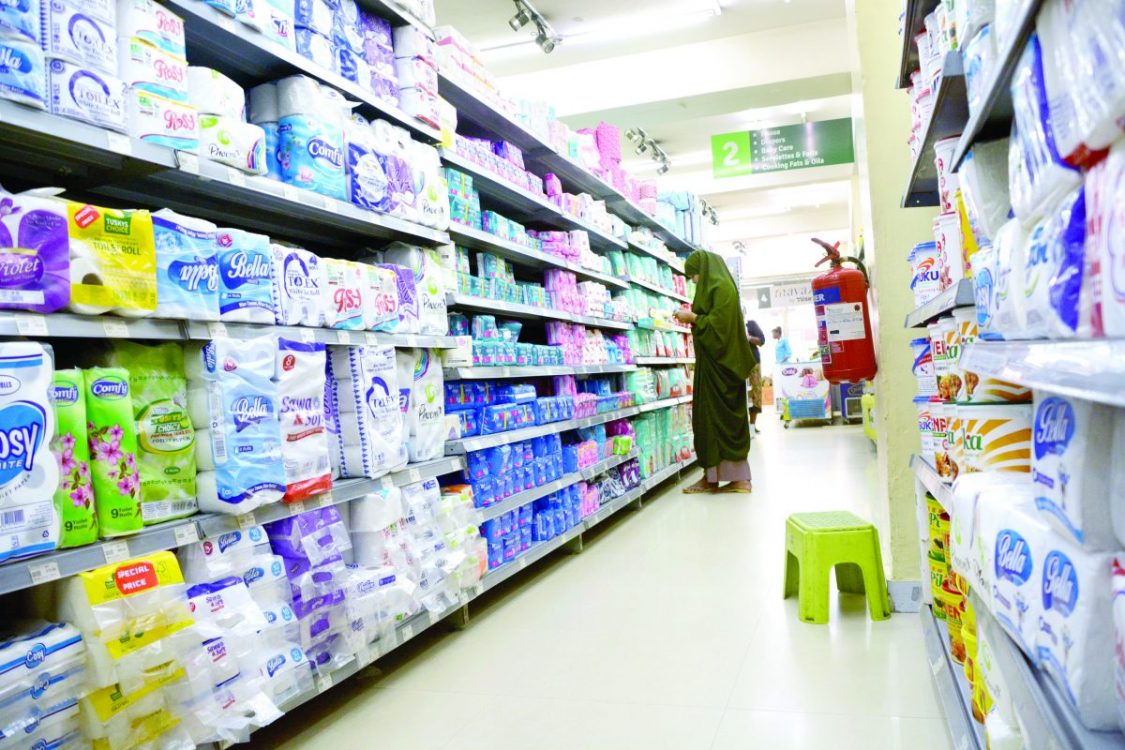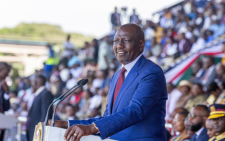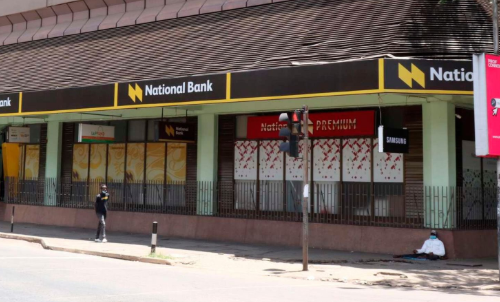Consumers bear brunt of high interest rate increases

Kenyan households are struggling to make ends meet as they find themselves digging deeper and deeper holes to finance their existence.
FXPesa Market Outlook Report for second half of 2023, says the future appears gloomy with the public sentiment on the high cost of living only getting louder by the day.
Though Central Bank of Kenya (CBK) interest rate hikes in June may have controlled inflation, its impact coupled with depreciating value of the shilling, poor NSE stock performance, and a mountain of taxes “have created a bad economic environment”, according to FXPesa’s markets analyst Rufas Kamau. He said this has led to foreign investor flight while local investors are looking for opportunities offshore.
“It has also created a bad political environment as the opposition has increased calls for demonstrations and civil disobedience arguing that the cost of living is too high,” Kamau noted while announcing the firm’s economic forecast for the country.
Indeed, data by the country’s data office – Kenya National Bureau of Statistics – show annual inflation rate eased marginally to 7.9 per cent last month, down from 8 per cent in the prior month but still above the central bank’s preferred range of 2.5 per cent to 7.5 per cent.
Central bank has raised its rate nearly four times – from seven per cent in May to 8.75 per cent in November, with its June 26 meeting being the highest seen thus far.
The banking regulator lifted the Central Bank Rate (CBR) by one percentage point during the recent Monetary Policy Committee (MPC) meeting to 10.5 per cent from 9.5 per cent, setting the benchmark lending rate at the highest level since July 2016. The rate of increase was also the highest in nearly eight years since July 2015 when the CBR rose by 1.5 per cent.
The move, the new CBK Governor Kamau Thugge, said would put brakes on rising inflation and will ease the cost of living in the coming three months.
However, this is yet to be seen, with many Kenyans struggling to put food on their table, owing to the high cost of basic food commodities made worse by the skyrocketing costs of fuel products.
Projections from the International Monetary Fund (IMF) indicate that tighter monetary policy in the country and globally will enable a sustained slowdown in inflation rates despite the ongoing turbulence in eastern Europe – between Ukraine and Russia.
Nairobi Stock Exchange All Share Index (NSE-ASI) for instance, hit an all-time low to trade at Sh107.19 which represents a 15.89 per cent less since the beginning of the year. The move led to a massive exodus of foreign investors which is expected to continue as the government engages in an aggressive taxation regime that is likely to hurt the private sector.
Similarly, the shilling continues to perform dismally against global currencies, losing 14 per cent of its value against the US dollar in the first six months of 2023 having started the year at 123.28 and shooting to 140.50, an all-time low against the dollar.
The actions by the government, however critical, often come at a cost to businesses both big and small, according to Jijenge Credit Ltd chief executive Peter Macharia.
Interest costs
“Rising interest rates make your business debt more expensive, which means you’ll have to use more cash to cover your interest costs,” he stated.
Adding that, “Depending on your business’s overall financial health and profit margins, you might have less flexibility to invest in long-term growth—or less day-to-day cash flow stability. This has been the case across all lending firms since those adjustments were made.”












